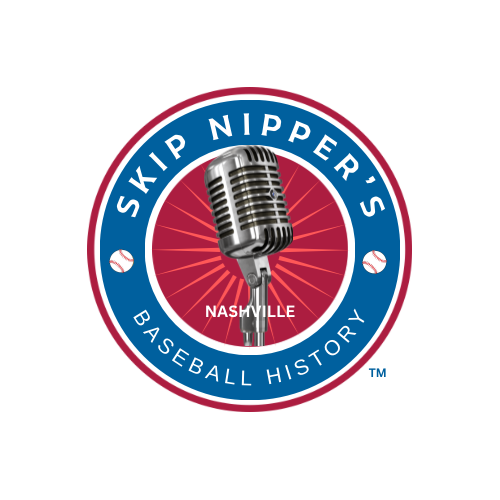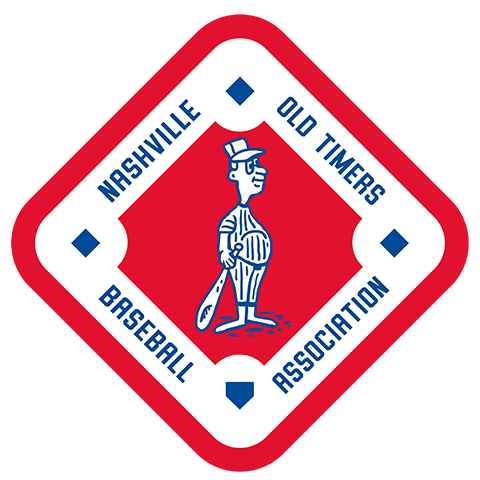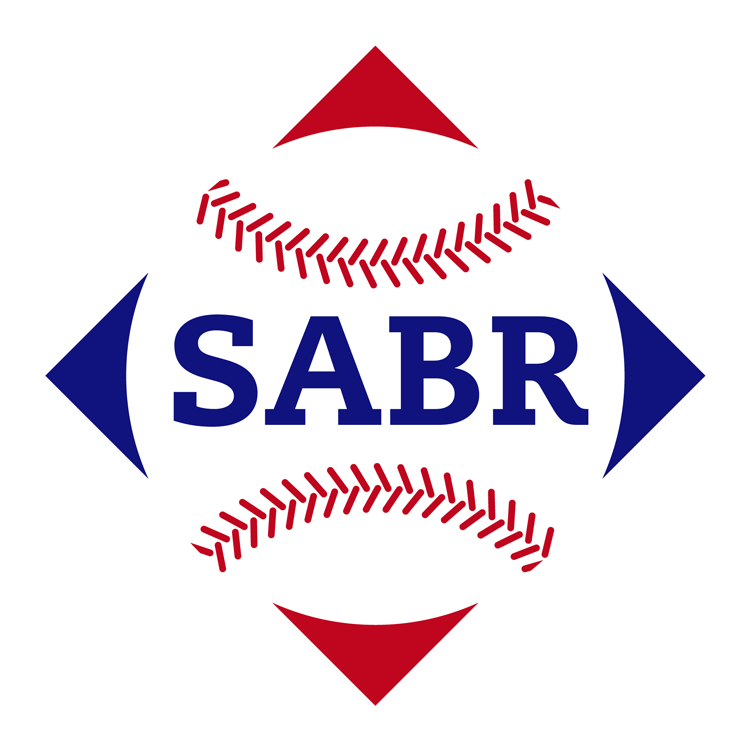
In 1919, even with the uncertainty of Nashville being able to play games on Sunday, Southern Association magnates published a schedule for the season which included games on the Sabbath[1]. Printed within the published league calendar where the words, “Southern League Will Take Chances In Playing Sunday Baseball”.
In fact, John D. Martin, president of the Southern Association, arrived in Nashville on March 27 just a few days after the schedule was approved to urge the State Supreme Court to render an early decision in allowing Sunday baseball games[2]. He got his wish on April 12, when the Tennessee Supreme Court rendered their decision permitting Sunday baseball in the state. The court held that the blue laws of 1893, which were the basis for banning baseball on Sunday, do not apply to baseball as the game was not then being played[3].
On the day of Martin’s visit, Nashville’s spring training began at Sulphur Dell. It was going to be a long year.
By July 29 the ball club was mired in eighth and last place in the standings. With 39 wins and 52 losses, the Vols were facing a lengthy 12-day road trip beginning in Chattanooga, then New Orleans, Birmingham, and Mobile, finally returning home after a final road trip game on August 9 in Atlanta.[4]
Yet Sulphur Dell did not sit idle during the 1919 season.
There were two amateur leagues that were thriving in Nashville, the Volunteer League and Commercial League.
The Volunteer League was comprised of eight teams: Rigo Chemical, Acorn Brand, Nashville Garage, Haury Selects (formerly known as Sparkman Bros.), L. Jonas & Co., Grandview, Postoffice [sic], and the Orioles[5].
The Commercial League had eight teams, too: Gray & Dudley, Nashville Railway & Light Co., Telephone Company, National Casket Co., City Hall, Fourth & First National Bank, N. C. & St. L. Railway, and E. & N. Mfg. Co.[6]
Both leagues mostly used Shelby Park’s two diamonds, but also the ball fields at the Railway Company’s property and a diamond at Centennial Park for games. If the Vols were out of town, Sulphur Dell (often referred to as “Fifth and Jackson”) was included as a venue.
With the professional team on that long road trip, a special game for bragging rights was played on Sunday, August 3 at Sulphur Dell. It took place between the Nashville police and fire departments, with proceeds from the game to go to their “Combined Benefit Fund” sick and death association.
The lineup for the Policemen included “Drennan, right field; Lonnie Martin centerfield; Lowe, third base; Dickie Swint, shortstop; “Give-Me” Rainey, left field; “Fourth Ward” Bracey, second base; Glennon, first base; “Tick” Robinson catcher; Cummings, pitcher. Subs for the Police: Varner and “Little Bracy [sic].”
Batting for the Firemen were “Hog Head” Goodwin right field; “Round Head” Farrell, centerfield; “Dough Boy” Dillard, third base; “Dutch” Eckhart, shortstop; “Cheese Head” Laitenburger, left field; “Red” Carter, second base’ “Gabby” Garrett, first base; “Piggy” Pegrum, catcher; “Old Head” Scruggs, pitcher. Subs were Davis and White.
As one can tell from the nicknames for many of the players, the day’s event was going to be lighthearted. Besides the game, a boxing match was to be held between Mayor Gupton and Chief of Police Alex Barthell with Al Robinson as referee, along with a race between “Kidney Foot” Ferriss, Chris Kreig, and others following the game.
The highlight of the day was to be a high-dive exhibition.

“Chief A. A. Rozetta of the fire department, George Drennan of the police force and “Sergeant” Tom Glenn, market house office, will attempt to excite the fans with a diving stunt. These three men, dressed in dainty bathing suits of the latest make-up, will dive headon [sic] from the top of the grandstand into a tank of water, twenty-five feet below.”[7]
When the ball game ensued, a batting assault that included 19 hits gave the Police the victory, 13-1, and nearly 3,000 fans enjoyed the festivities. The results of the boxing match, race, or diving were not published, but the Firemen were not going to let the Policemen get away with another beating in a repeat performance, as reported in the August 4 edition of the Nashville Tennessean.
“After the game, the firemen met at headquarters and made a complete set of rules to be used in next year’s fracas. They are:
- All policemen must bat with their clubs
- The firemen must be allowed six outs to an inning
- Firemen must have nine runs before the game starts, and young “Boliver” Cummins can’t pitch
Not to be outdone, to these rules the three outfielders of the Policemen’s team added:
4. Three beds must be placed in gardens for the policemen outfielders to take regular naps on. They don’t need to be awake.[8]
Notes
[1] “Playing Managers Favorites In Dixie,” The Sporting News, March 13, 1919, 10.
[2] “Martin Optimistic Over Sunday Games Case In Tennessee,” Atlanta Constitution, March 28, 1919, 8.
[3] “Sunday Baseball In State Allowed By Supreme Court,” Nashville Tennessean, April 13, 1919, 1
[4] “Vols Leave On Road Trip Of 12 Games,” Nashville Tennessean, July 29, 1919, 12.
[5] “Volunteer League,” Nashville Tennessean, August 28, 1919, 9.
[6] “Managers Commercial City League Meet Monday,” Nashville Tennessean, May 5, 1919, 10.
[7] “Firemen and Policemen Meet in Ball Game This Afternoon,” Nashville Tennessean, August 3, 1919, 35.
[8] “Policemen Slaughter Ladder Lizards 13-1; Red Eye Cheers Firemen,” Nashville Tennessean, August 4, 1919, 11.
© 2019 by Skip Nipper. All Rights Reserved.



